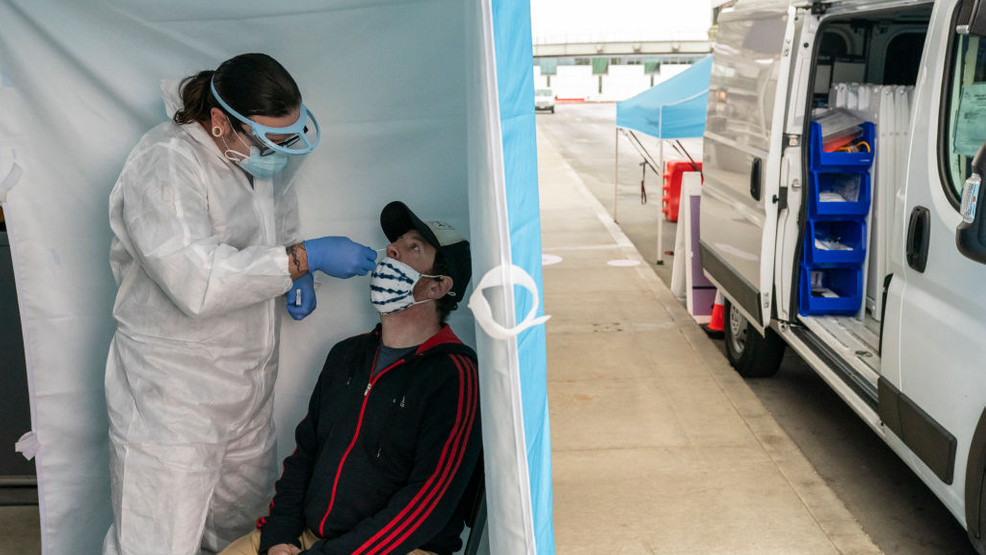Infection
CDC expands infectious disease surveillance program at 4 major U.S. airports
The U.S. Centers for Disease Control and Prevention announced it is expanding its infectious disease surveillance program at four major airports.
The CDC is looking for more than 30 pathogens, including RSV and the flu.
Testing will happen at Boston Logan International Airport, San Francisco International Airport, Dulles International Airport in Washington D.C., and John F. Kennedy International Airport in New York.
HOW IT WORKS:
- International travelers arriving at participating airports volunteer to self-collect nasal swab samples.
- Samples are shipped to a laboratory network for SARS-CoV-2 reverse transcriptase polymerase chain reaction (RT-PCR) testing.
- Positive samples undergo whole genome sequencing to determine variants.
- Select TGS samples are shared with CDC’s laboratory where they undergo viral characterization which can provide information about a new variant’s transmissibility, virulence, and response to current treatments or vaccines.
Wastewater is also collected and examined. The CDC’s airplane wastewater program is currently expanding from a pilot phase to broader implementation.
HOW IT WORKS:
- Wastewater is collected using a custom-made collection device.
- Wastewater samples are shipped to the laboratory for RT-PCR testing.
- Positive samples undergo whole genome sequencing to determine variants.
The traveler surveillance program started in September 2021 to detect new variants.
It currently operates at six major US international airports.

